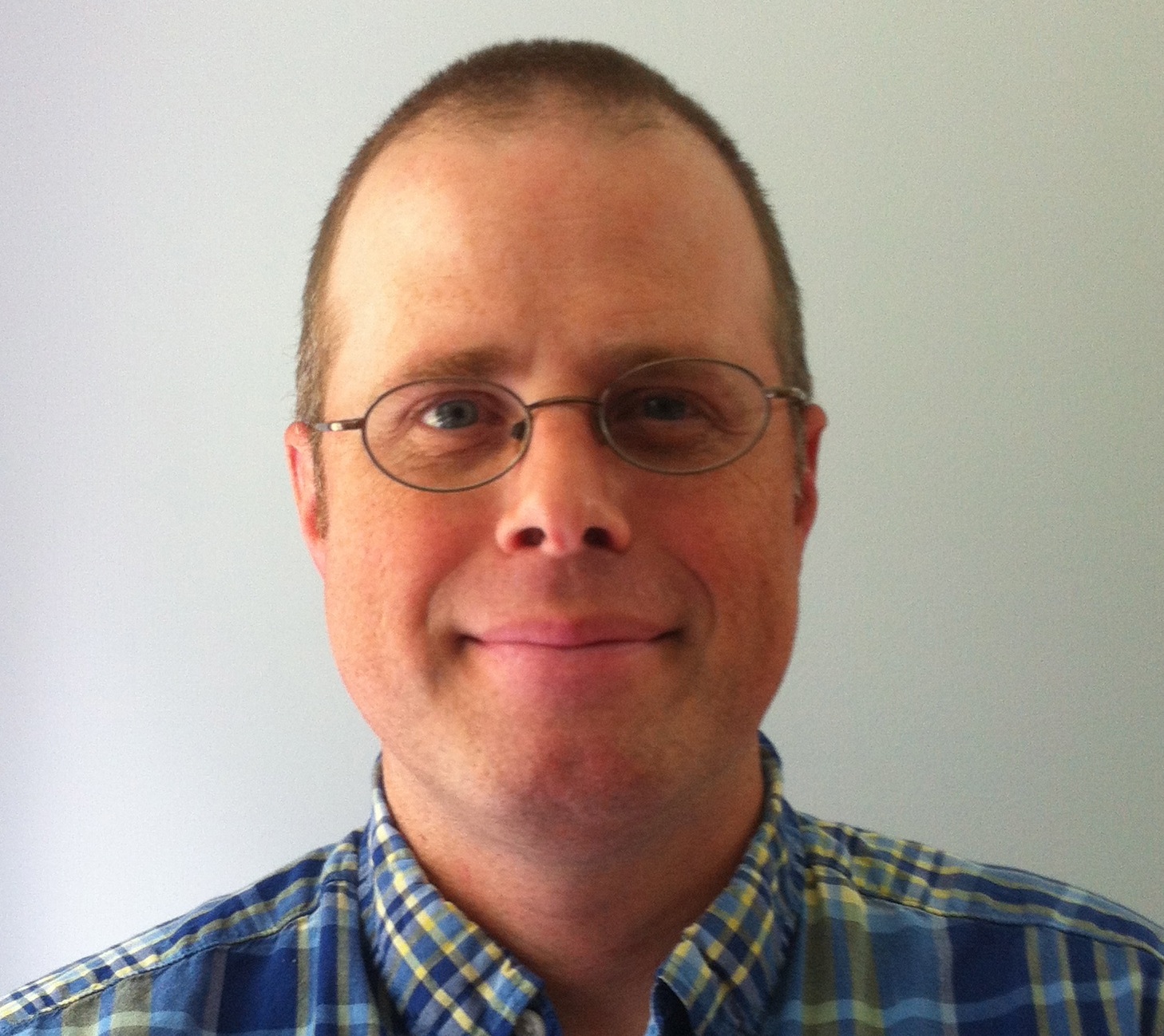Ed Dodd '93, Cengage Learning
At the time of this interview, Ed Dodd ’93 was a freelance content developer/editor for Cengage Learning, and he has worked in the publishing field for almost 22 years. He was an English major at Saint Joseph’s University.

After graduating from Saint Joseph’s, how did you end up in editing?
One of my radio station [WSJR] colleagues had found work as an editorial assistant at Saunders College Publishing, a college textbook publisher imprint of then Harcourt Brace Jovanovich. She told me that the company was looking for summer interns, and while the job paid very little — if I recall it was either $7.50 or $8 an hour with no benefits whatsoever — it sometimes led to actual job offers at the end of the summer to become full-time editorial assistants. I was an editorial assistant for almost three years before I was named a development editor for physics and chemistry in 1998. I worked in-house for a little under three years before going freelance and working on my own in May of 2001.
What is your role in the editing process?
As a content developer, I’m the primary point of contact with the author on behalf of the company. The company sets the agenda for the new edition or revision in consultation with the author, and a “revision plan” is drafted. Once a manuscript comes in for a certain chapter or chapters, I’ll read it over to make sure the plan is being followed and then prep the text manuscript and the art manuscript for the production process.
What is the relationship like between editor and writer?
A lot of your job is convincing the author of something through emails you write or conversations you have. The emails you write and the arguments you make have to be well written, and in this age of very short attention spans, you can’t send a three-page email because no one is going to read it.
What experiences have made you into a talented editor?
I’ve now worked on textbooks in physics, chemistry, astronomy, earth science, statistics, calculus, business writing, technical communication, TV production, theater design and nonfiction essay compilations, and I think having that sort of range helps keep me marketable as an independent contractor who has to hustle for his next contract the same way a roofer has to find the next guy who needs a roof for his house.
What is your advice for an aspiring editor?
Self-mentoring is really the thing that I would suggest. No one is going to sit down and mentor you because that doesn’t happen. You have to be self-motivated, and you have to mentor yourself. If you don’t know something, don’t be afraid to ask. I also won’t pretend it’s all fun and games. It isn’t. There is tediousness, paperwork and annoying corporate bosses, but you still do what good editors do: Keep authors focused on what they do best — writing. — and try to be the best advocate for authors and their needs within the corporate structure. If you’re successful in these two tasks, I think you’d probably be a good editor no matter what the prose you are working with, fiction, nonfiction, children’s books or textbooks.
— Ashley Cappetta '17